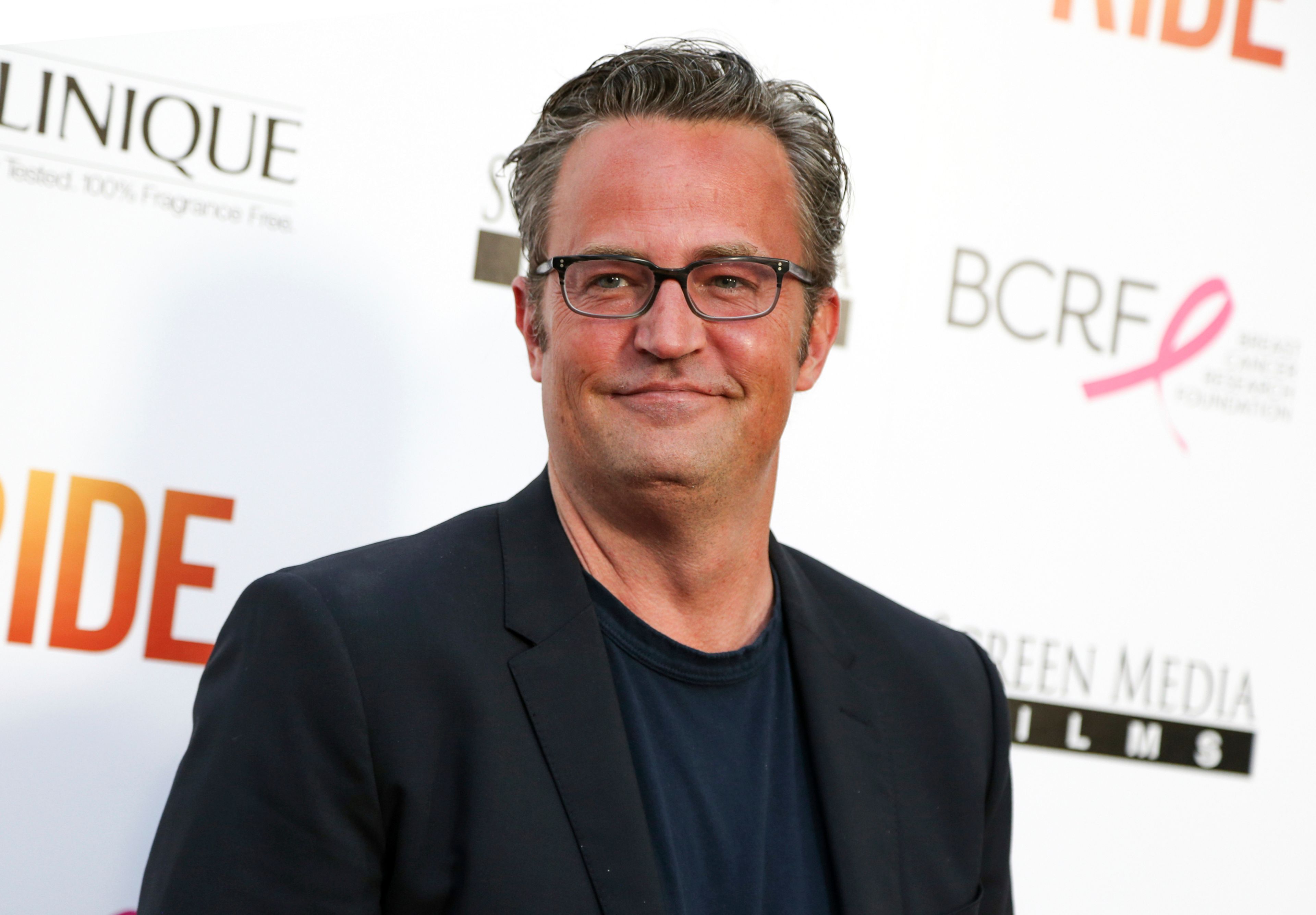"The Curious Case of Benjamin Button" is a great film. It's beautiful, epic and novelistic in its completeness. The film is about the living of life and the understanding of death. And it's all about love.
It's films like "Button" that have me sitting in the darkened theater holding my breath: 20 or so minutes in I realize the film is trying for greatness and achieving it. I realize I'm watching something that is trying to be more than a moneymaking endeavor. It is trying to be unique and new. Every camera angle is well-placed, the actors seem real, the locations and attention to detail is perfect.
To put it too simply, it's truly interesting. I hold my breath because the filmmaker's eventual success will allow more films of such lofty goals to be made, and that will enrich us all.
Most interesting about "Button" is that no one aspect of the film overpowered the rest. The film is not great because of a single actor's performance or the production design, but because of the film's entirety. All the components of the film came together in a perfect storm.
A great producer, Kathleen Kennedy ("E.T.," "The Color Purple," "Jurassic Park," "Indiana Jones"), who has earned more box office dollars than any producer in history, joins with a great writer, Eric Roth ("Forrest Gump"), who is an Oscar-winning screenwriter, to adapt a short story by one of America's greatest writers, F. Scott Fitzgerald. She hires a great director, David Fincher ("Se7en," "The Game," "Fight Club"), and two of the biggest movies stars, Brad Pitt and Cate Blanchett. Such a stable of highly paid talent can certainly fail: It's the stuff of books and legends, but without such big budget risks we'd never get the classics.
"The Curious Case of Benjamin Button" is taken from a short story by Fitzgerald. It's a "curious" case of a boy (Brad Pitt) who ages in reverse. At birth his little legs and hands have arthritis, he's almost blind from cataracts, and his skin is wrinkled and aged. Abandoned on the steps of an old folks home, a barren caretaker Queenie (Taraji P. Henson) takes in the boy and raises him as her own, no matter his differences.
As he starts to grow he turns into a little old man who fits in well with the home's elderly clients. He learns about death, caring for others and the hardships that life brings. His only contact with people his own age is Daisy (Cate Blanchett), a granddaughter of one of the home's residents. As he watches her grow, and she learns to see the inner Benjamin, they fall in love. But until they get closer in age, Benjamin must go on with his life.
"You never know what's coming at you," Queenie tells the young Benjamin. Life isn't easy or hard, it just is. He'll find love and sex and war. He'll have adventures and hardships. He'll make great friends and see great things. And he will know he's racing to his death.
Of all the questions about the plot — that he ages in reverse — one is not often asked: How would you live your life if aging in reverse offered you a guarantee of the time of your death? As we grow old and infirm, we know that we'll need to account for our care, for our well-being, but by growing younger, we'd know when the end would come. So if you knew the approximate date of your death, would you lead your life differently? Would you still covet the grand material things?
Steve E. Turner is a freelance movie reviewer and filmmaker. Read more of his reviews at www.picassofish.blogspot.com.








